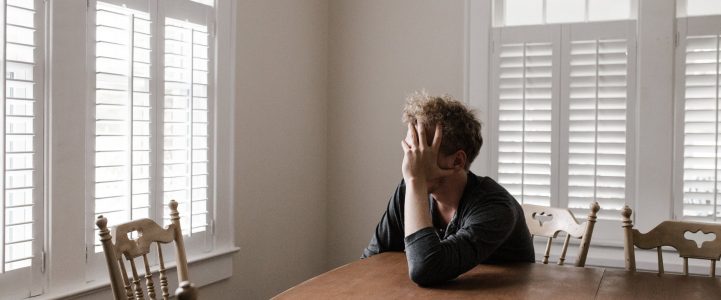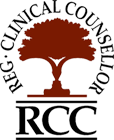The world is at war with COVID-19. This pandemic has changed our lives instantaneously. The news lets us know daily the statistics: new cases, deaths and the number that do recover. And, when we ask, gage and think as to when we can return to work, school and many of our old familiar ways the renowned Dr. Tony Fauci says: The virus has all the control, the virus controls the timeline.
Tedros Adhanom, WHO president, stated this week though many cities are plateau-ing their curve, the way down i.e. to defeating this disease will be a lot slower than the way up. In other words, we are in this for a while.
And, we are told to brace for a second wave. The noted doctors on both sides of the border and beyond reiterate that life will not be close to what we had until there is a vaccine. History tells us that whether it is a health epidemic like Sars or a terrorist attack like 9/11 – or any other traumatizing event, life is never as it was before – new measures become the norm.
As I mentioned in my last blog, we have been thrown into a major life transition and we are still trying to make sense of it. In trying to make sense of this transition, we are experiencing a wave of emotions, including anxiety. Managing our anxiety effectively contributes to strengthening our resilience.
Anxiety is a healthy emotion. Anxiety is our body’s natural response to stress. It’s a feeling of fear or apprehension about what’s ahead. It can signal danger. It can motivate to prepare. It can help assess risks. Anxiety can be detrimental when it becomes a daily struggle where we constantly overthink possibilities. The truth is most of our fears never happen. The key is to focus on the here and now. Unchecked anxiety can greatly impact the quality of one’s life.
Given the fear and uncertainties associated with COVID-19, our lives are very much impacted. We must acknowledge that we are living in this pandemic time. As with any transition or grieving experience, anxiety is very much an emotion associated with the change and /or the loss.
What to do? First, we must acknowledge the feeling of anxiety. Name it and own it. And then we must focus on what we can control, on the tasks that we can do to mitigate the anxiety. In other words, we move from being ‘feeling-focused’ to ‘task-focused’. Doing tasks that we can control will naturally lessen our anxiety.
Here are 6 ways to naturally decrease your anxiety during COVID-19:
- Deep breathe and do it often: our breath is a link between our mind and our body. Focus on your breath and breathe. That is, breathe in to the count of 4, hold 4 counts and then release (use your entire diaphragm).
- Eat healthily and at regular times: eat a healthy diet rich in complex carbohydrates, fruits and vegetables and lean proteins. And stay hydrated. Note: eliminate processed foods.
- Practice Meditation, Restorative Yoga and/or Tai-Chi; each of these practices incorporate a slowing down, a focus on breath, a meditative experience. Research from Johns Hopkins suggests 30 minutes of daily mediation may reduce anxiety symptoms as well as act as an anti-depressant.
- Stay active: Regular exercise benefits both your physical and emotional health. Make sure you get your heart rate up for at least 15 minutes per day. Power-walk, run, garden, dance to your favourite music; skip rope, play hopscotch with the kids etc… Exercise shifts your mood to the positive and keeps you feeling younger too ?
- Get your sleep. Get to sleep at the same time every day. Have a bedtime routine. Avoid caffeine in the late afternoon and evening, stop eating at least 2 hours before bedtime. Turn off your screens at least 2 hours before bed. Also, write down your worries before bed, you’ll have them on paper so you won’t have to think about them when going to bed.
- Avoid alcohol (or at least do not over-indulge). Alcohol is a natural sedative, yet once the buzz is gone the anxiety can return with even more intense symptoms.
We are in unprecedented times. Our lives have changed drastically for now. We are in grief and that grief is complicated. And as a result, anxiety in society has increased significantly.
Take the steps listed above to lessen your own anxiety. If the feeling persists, please reach out for professional help through an online counsellor Vancouver. Many counsellors and therapists like myself are conducting sessions by phone and/or on secure online video platforms. We will get through this and we will be stronger for it. Stay safe and focus on what you can control.






